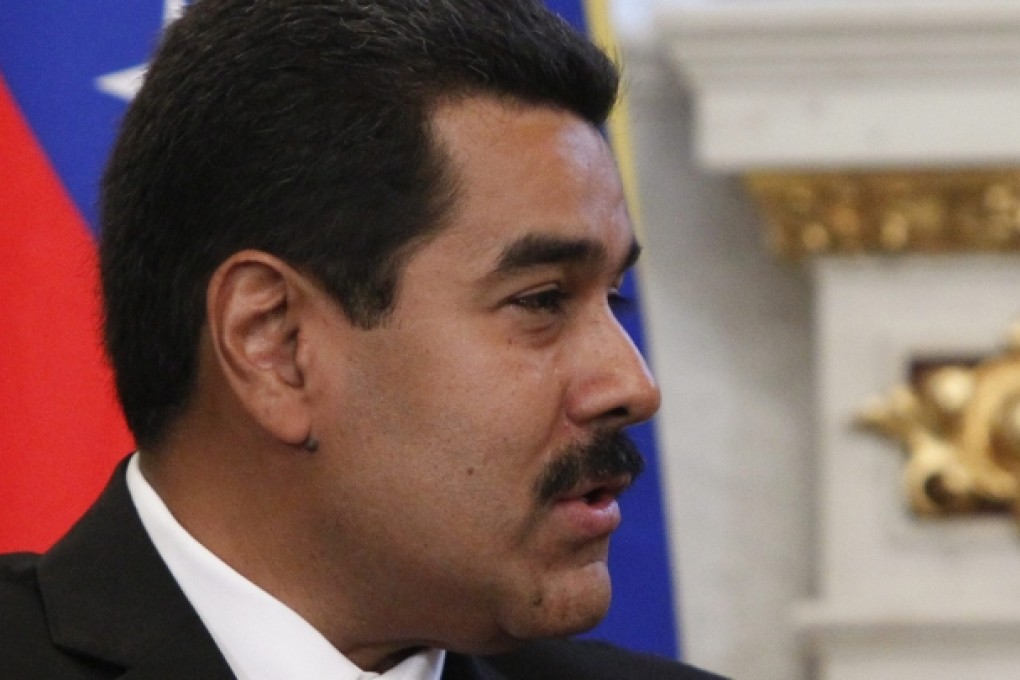Venezuela June inflation soars to 40pc
Annualised inflation rate highest in five years

Venezuela’s June inflation slowed from the previous month to 4.7 per cent, the central bank said, but the annualised rate soared to 39.6 per cent following a currency devaluation and heavy state spending last year.
The annualised figure tops all the yearly inflation rates since 2008, when the central bank changed its inflation methodology and consumer prices rose 30.9 per cent.
Though it represents a decline from a record 6.1 per cent increase the month before, the news points to a stagflationary panorama for President Nicolas Maduro following a sharp slowdown in economic growth during the first quarter.
The June reading, which takes inflation to 25 per cent for the first half of the year, was spurred by a 6.4 per cent jump in transport costs and a 5.8 per cent rise in food and non-alcoholic beverage prices.
The annualized rate is higher than any annual inflation since 2008, when the new measurement began, with 30.9 per cent being the highest
A devaluation of the bolivar currency in February, and heavy government spending throughout last year when the late Socialist leader Hugo Chavez won re-election, have exacerbated price pressures in Venezuela, which has suffered from high inflation for decades.